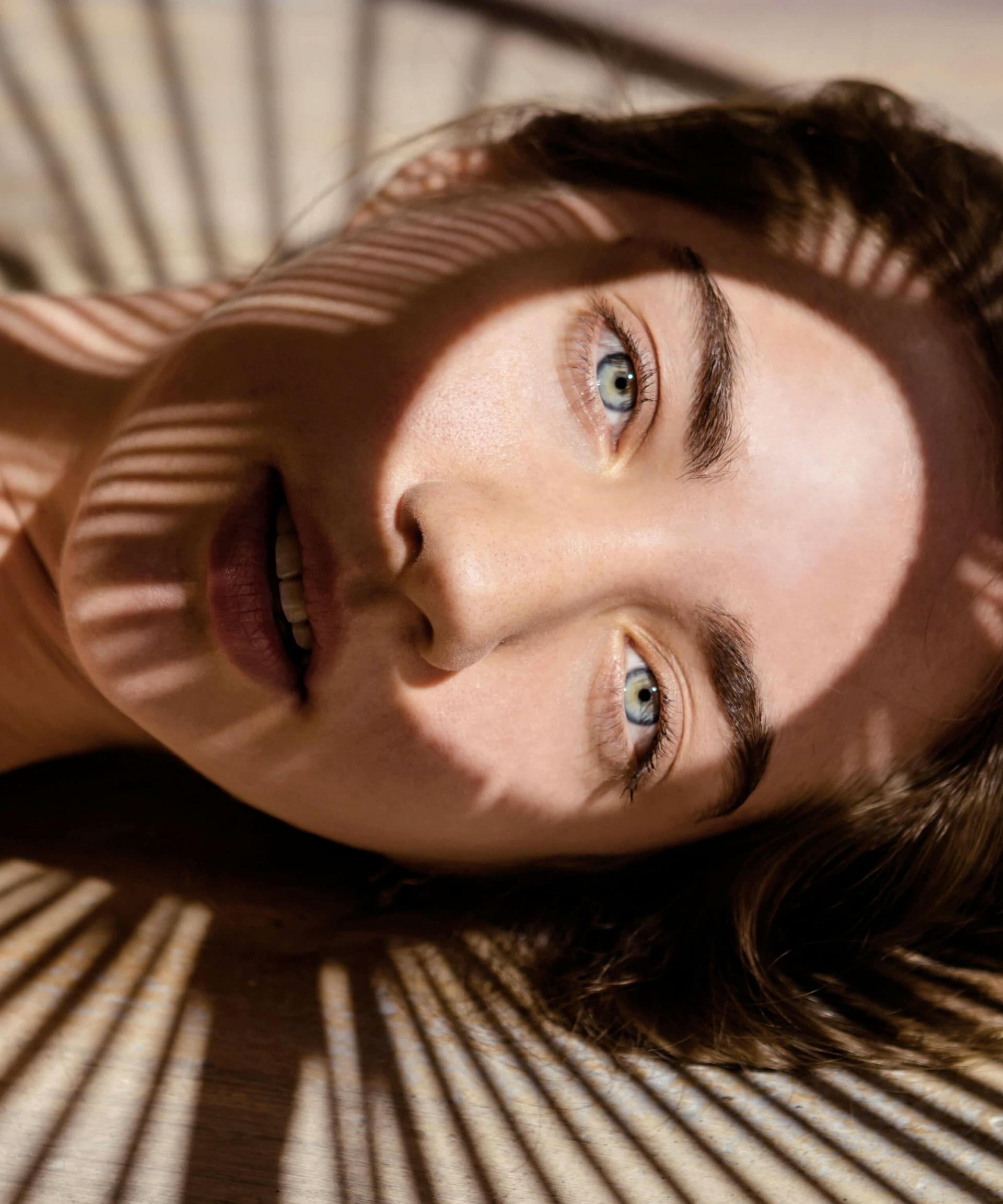I Quit Anti-Aging—Here's Why You Should Too
When I was 16, I spent $80 of my babysitting money on a tiny jar of eye cream. I felt so terrified of wrinkles that this truly seemed the best use of my money as a high school student.

When I returned home, I carefully applied it under my eyes. Leaning into the mirror, I examined my skin and my stomach tightened with fear.
“I am not safe here, in my body.” I thought, “No matter what I do or how many creams I buy, my body will age and that’s terrifying.”
Age Dysmorphia
At the time, I was suffering from age dysmorphia, a term I use to help my clients understand their culturally imposed fear of aging.
Body dysmorphia occurs when cultural brainwashing hijacks our self-perception. Those with body dysmorphic disorder obsess about their body's “flaws,” which are actually just the normal, unique expressions of human bodies.
Age dysmorphia occurs when we view the signs of age as a flaw.
Similarly, age dysmorphia occurs when we view the signs of age as a flaw. In reality, wrinkles, softened skin, and graying hair are the standard developmental process of a human, as normal and neutral as baby teeth being replaced by permanent teeth.
Why Do Women Fear Aging?
Why do so many young women, like my 16-year-old self, believe we need to fight aging? It’s not a biological drive, since the anti-aging approaches we use are likely to diminish our health and fertility, especially if used during childbearing years.
Many chemicals in beauty products are carcinogenic and hormone-disrupting. Plastic surgery involves extreme potential risks, including common and rarely publicized “breast implant illness.” Even Botox carries extreme risks and diminishes the micro-facial expressions responsible for subconscious signals of connection and safety between people.
Perhaps we can trace this fear to marketing and propaganda. A girl’s confidence plummets after age 8, through her pre-teen and teenage years. While boys’ confidence also drops at this time, it remains consistently higher than girls. After 17, a woman’s confidence begins to increase but remains lower than men’s, until our mid-40s. To repeat that: it takes women, on average, 40 years to catch up with men’s confidence levels. Male and female confidence remains equitable through our mid-50s, then women surpass men’s confidence in our 60s.
It takes women, on average, 40 years to catch up with men’s confidence levels.
How interesting that women face amped-up pressure to look younger starting in our 30s, just as our confidence begins to approach that of our male peers. At the age when we start to trust our intuition, value our discernment, and gain clarity in our life direction, we face increased pressure to spend exponential amounts of money to erase our age.
Is Anti-Aging Empowering or Disempowering?
When it comes to anti-aging products and procedures, women often say “I’m choosing to use anti-aging products and procedures. It makes me feel good.” The problem is that we often confuse looking good with the sensation of feeling good in our bodies.
Many women have so internalized the ever-changing beauty standard that we truly don’t know the difference between our own opinions and the opinions of the beauty industry.
If you hadn’t been taught to fear your aging process, would you still say that Botox makes you feel good? Wouldn’t it physically feel better to avoid the inherent discomfort of those procedures? Wouldn’t it emotionally feel better to be comfortable with your body’s natural developmental process? Wouldn’t it spiritually feel better to believe you don’t need to fight aging to be worthy of love?
Wouldn’t it emotionally feel better to be comfortable with your body’s natural developmental process?
Feminine energy is about softness, flow, playfulness, receptivity, and surrender. A woman in her feminine energy shines with an inner radiance, no matter the lines on her face. She prioritizes pleasure and sensuality in her life.
A feminine woman enjoys beauty products not out of insecurity and desperation, but because she truly enjoys the process. She acts from a place of “I am worthy of celebrating, enjoying, and expressing myself,” instead of “I have to fight my body because I don’t feel like enough.”
Closing Thoughts
Are you deeply anxious about your body’s natural aging process? That’s a sign you’re wearing the invisible corset – a set of beliefs that make women as uncomfortable and restricted in their bodies as traditional whalebone corsets once did. I wrote the book The Invisible Corset to help women identify and free themselves from these beliefs.
I stopped pursuing “anti-aging” when I realized forever fighting my body wouldn’t make me happy…enjoying my body would! While I still enjoy a handful of skincare and beauty products, I no longer attempt to hide the truth of my age on my body.
Your body carries your life story, and that’s a beautiful story worth telling. When you free yourself from the fear of aging, you will feel more free, sensual, and confident in your body than ever before.
Love Evie? Let us know what you love and what else you want to see from us in the official Evie reader survey.